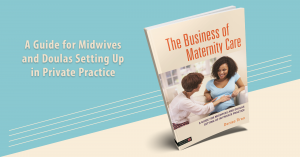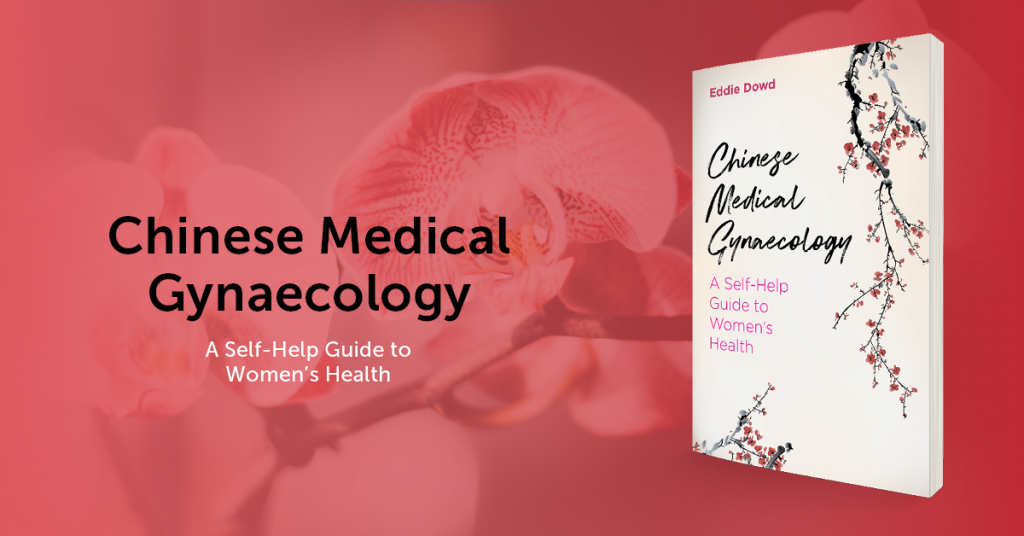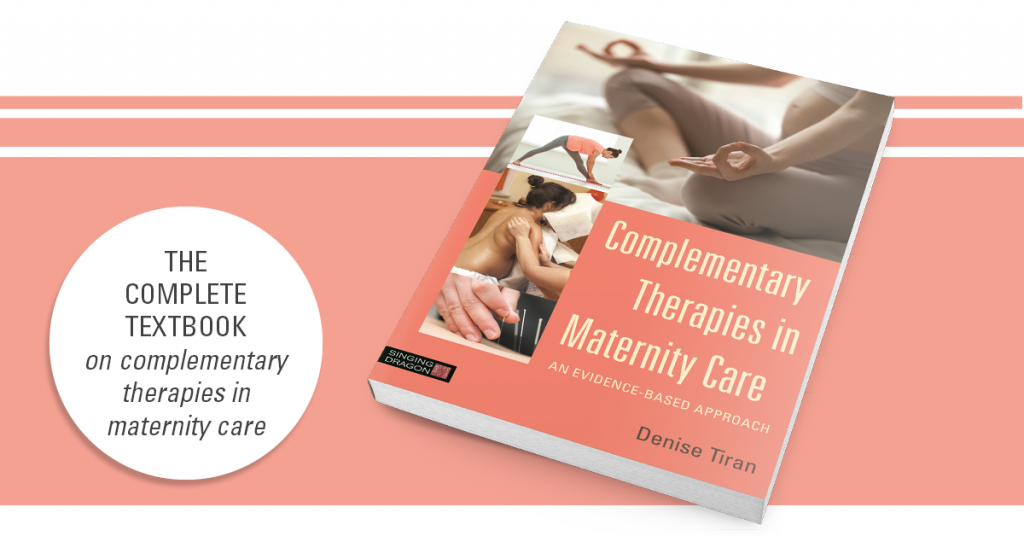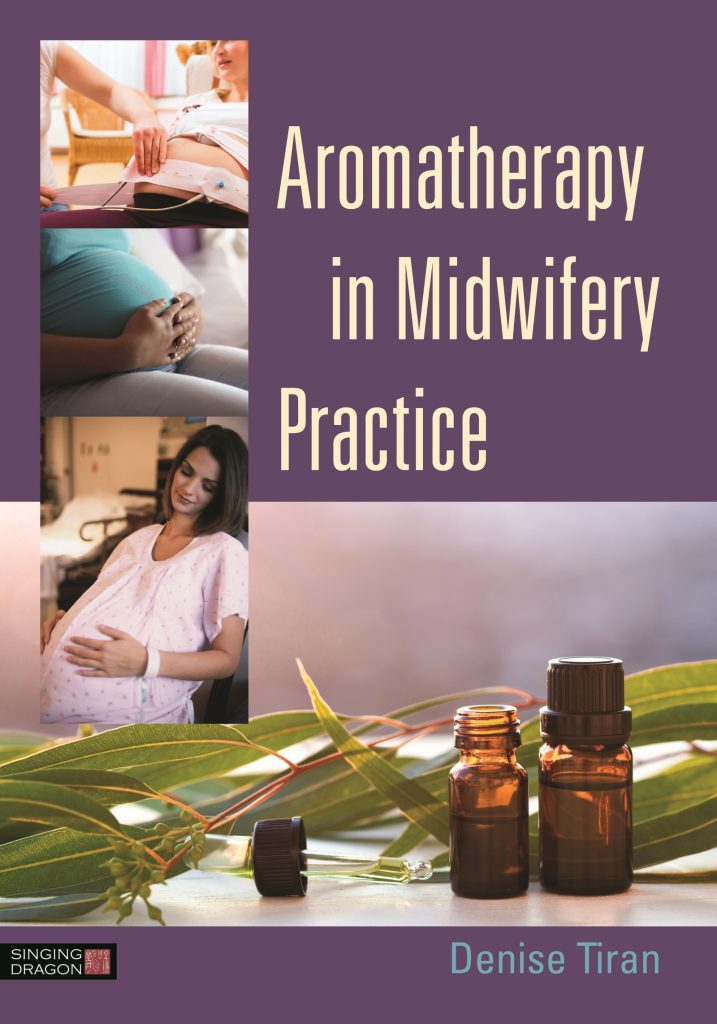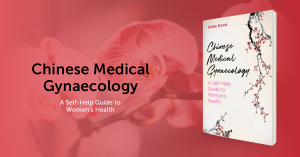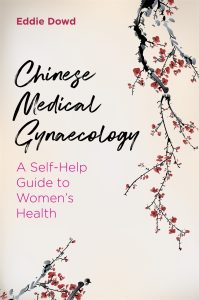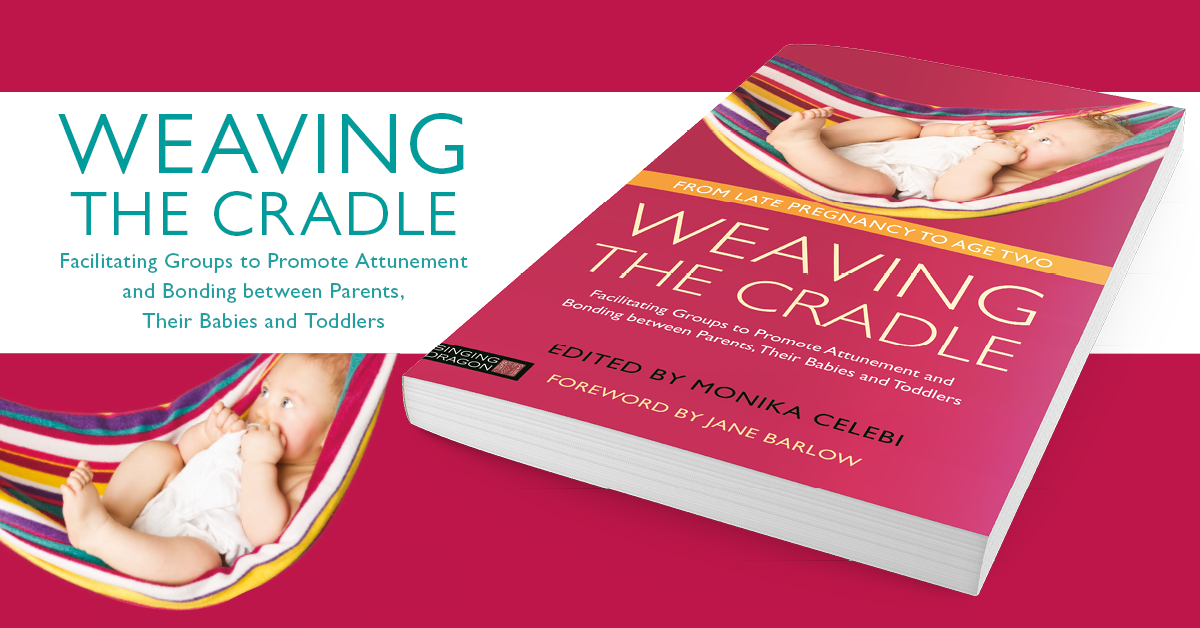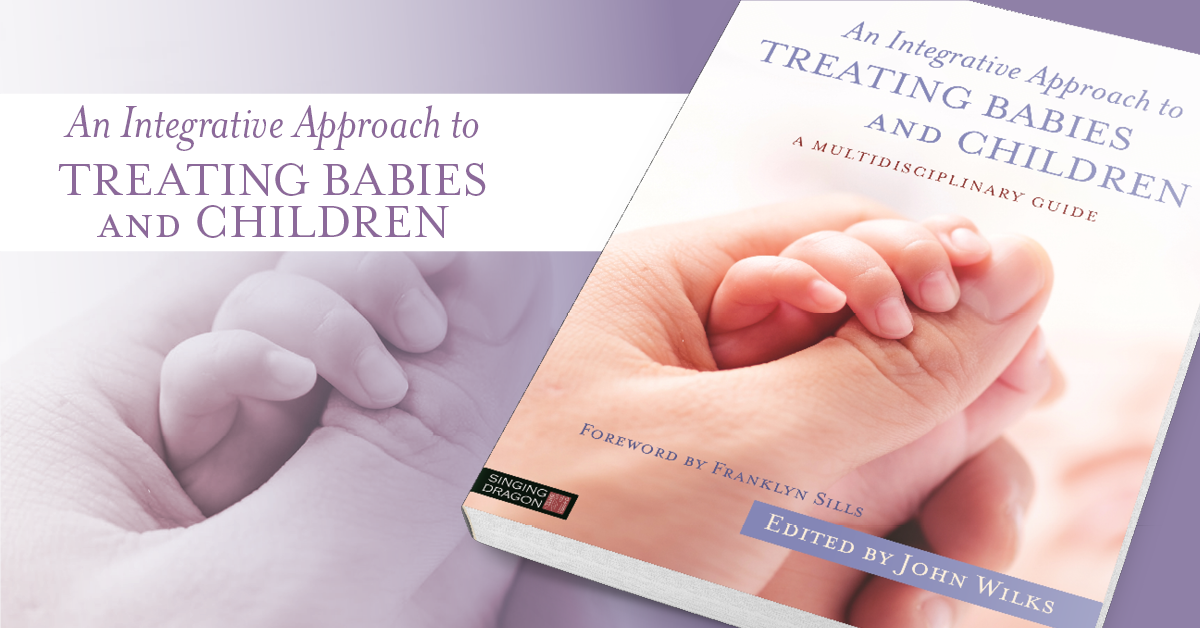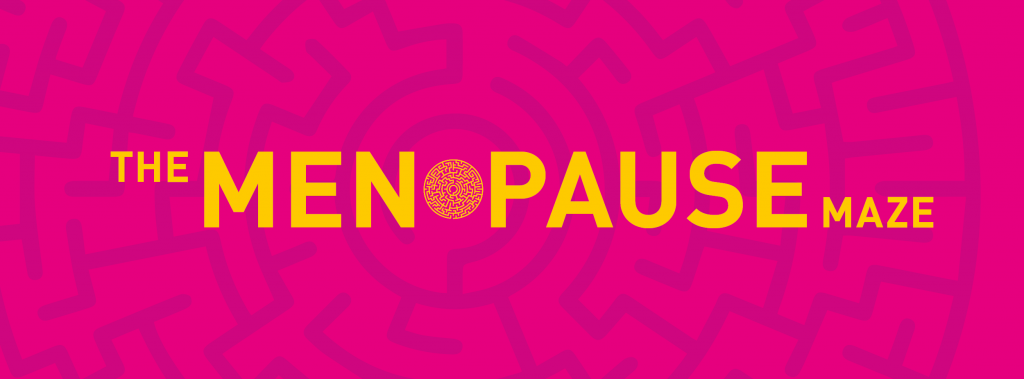Denise Tiran HonDUniv FRCM MSc is an internationally renowned authority on maternity complementary medicine, having pioneered the subject as a midwifery specialism since the early 1980s. She is Chief Executive Officer and Education Director for Expectancy, an independent education company providing complementary therapies courses for midwives, doulas and other maternity workers. Denise was awarded an Honorary Doctorate by the University of Greenwich in October 2020 and a Fellowship of the Royal College of Midwives in 2018 in recognition of her work in this field.
Here, she introduces her new book, Using Natural Remedies Safely in Pregnancy and Childbirth: A Reference Guide for Maternity and Healthcare Professionals.
I’ve been publishing on maternity complementary therapies for many years but the huge increase in popularity of natural remedies, including aromatherapy oils, herbs and homeopathic remedies led me to write this latest book. Expectant parents frequently ask midwives, doctors, doulas and antenatal teachers about the use of remedies such as raspberry leaf tea, and for remedies such as castor oil and evening primrose to start labour. The massive rise in popularity of aromatherapy in pregnancy and birth also means that parents often ask about essential oils, or want to bring them into the birth centre for use in labour. This can sometimes put the midwife or doctor in a difficult position because they may know very little about the oils and which are safe or not. Continue reading

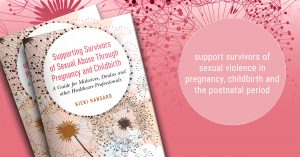 Kicki Hansard is a certified birth and postnatal doula with experience in all aspects of pregnancy, childbirth and early parenting. Since 2002, she has been preparing couples for the arrival of their baby and supported many of them through the birth and postnatal period. Kicki is also a doula course facilitator and has trained over 850 aspiring doulas. Her new book,
Kicki Hansard is a certified birth and postnatal doula with experience in all aspects of pregnancy, childbirth and early parenting. Since 2002, she has been preparing couples for the arrival of their baby and supported many of them through the birth and postnatal period. Kicki is also a doula course facilitator and has trained over 850 aspiring doulas. Her new book, 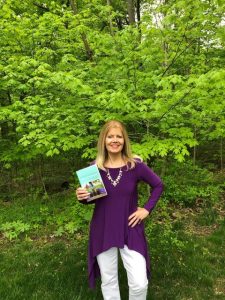 Pam Conrad, author of
Pam Conrad, author of 